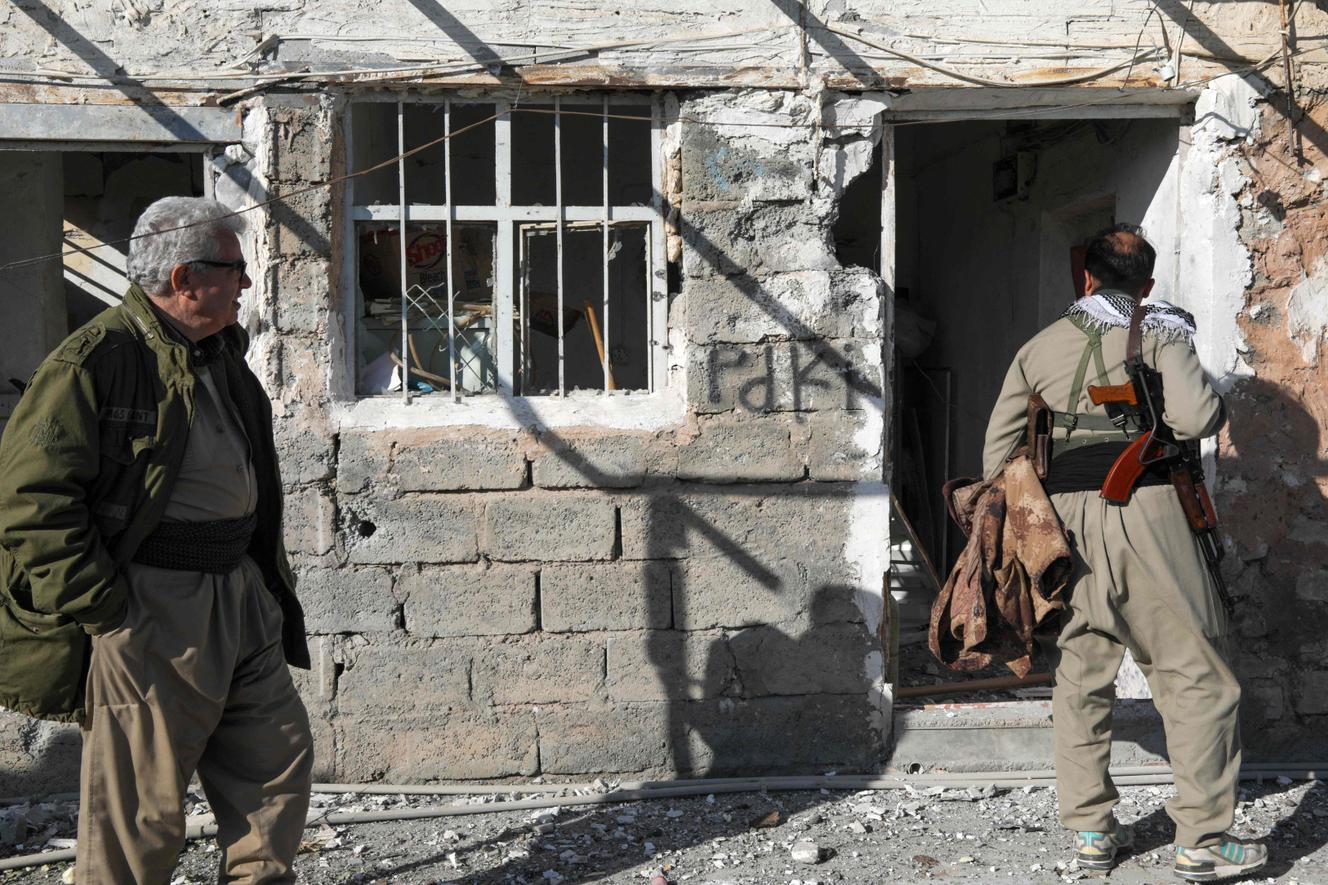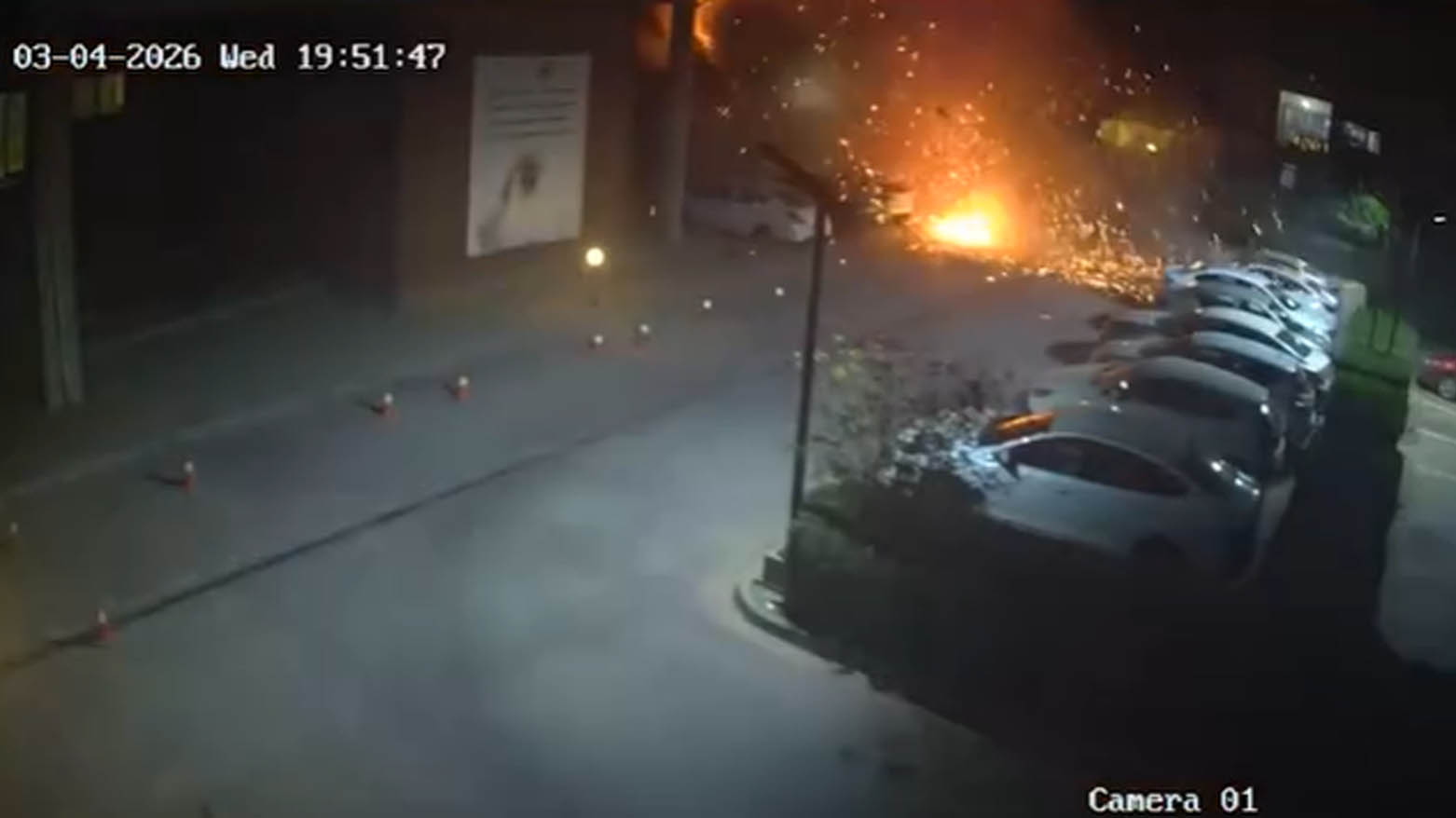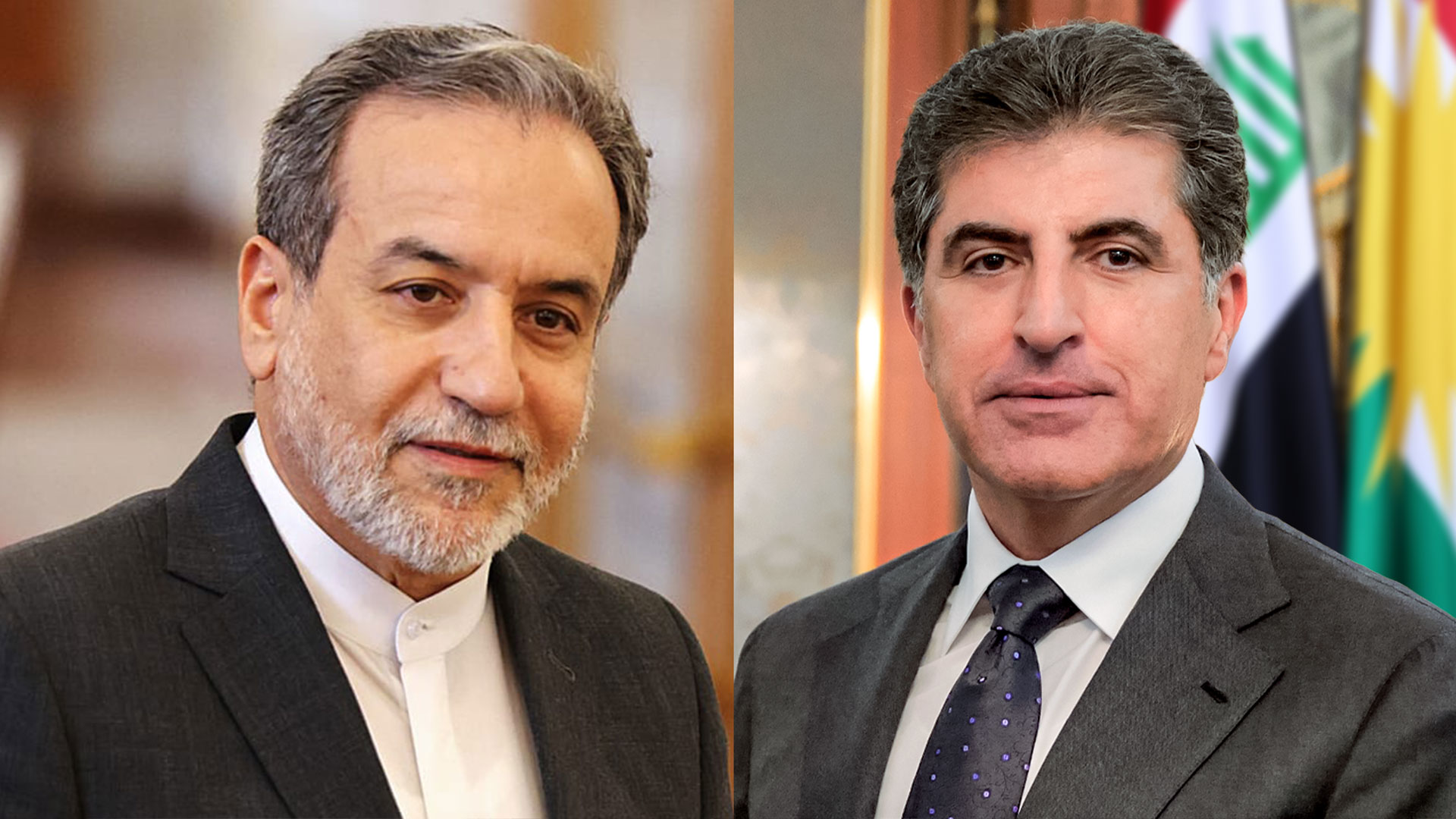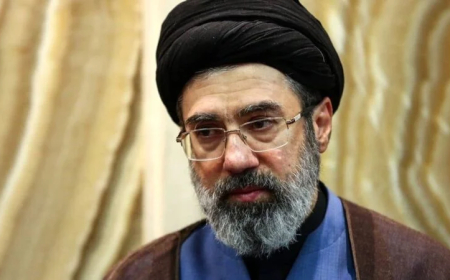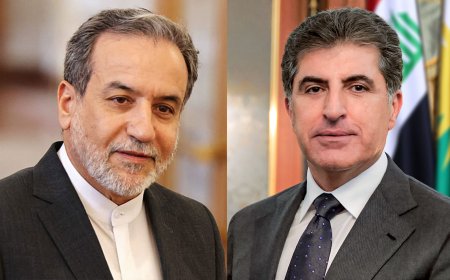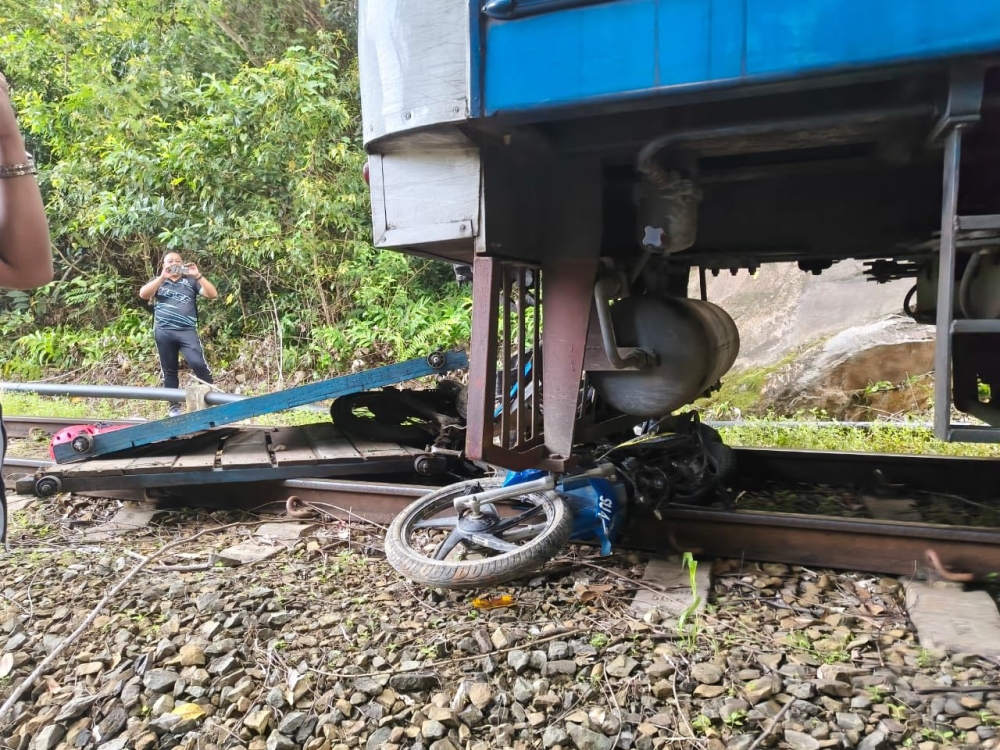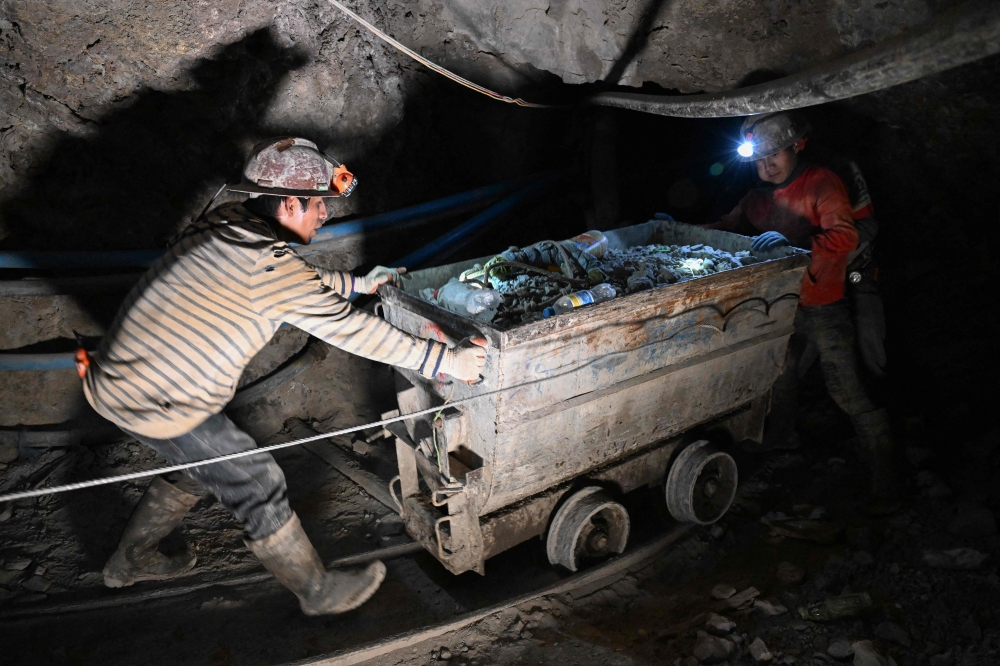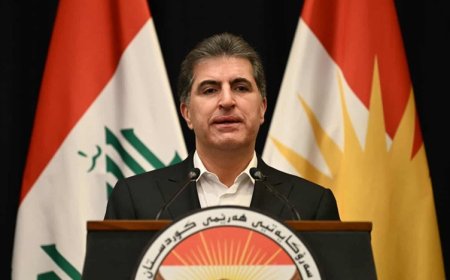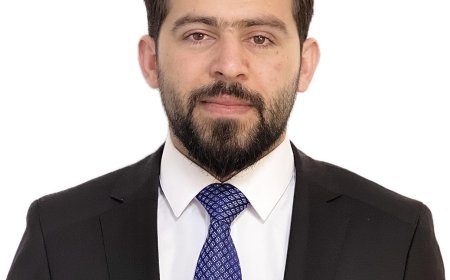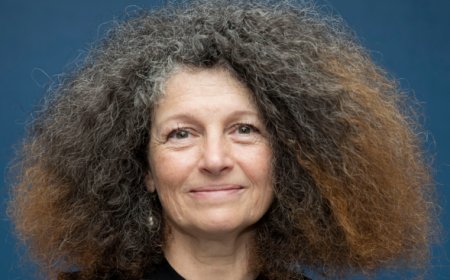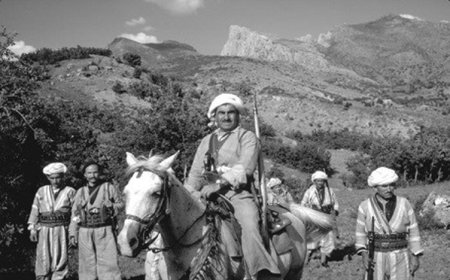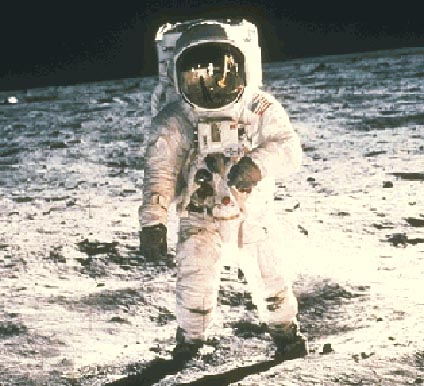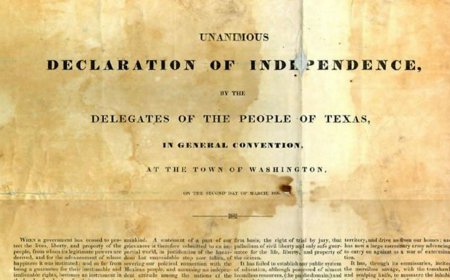Erbil plants 300 trees daily to boost greenery, fight pollution

The city of Erbil plants around 300 trees daily as part of a broader initiative to expand green spaces, reduce air pollution, and combat the effects of climate change, according to the city’s parks department.
"More than 1,379,000 trees, shrubs and flowers have been planted in the city center” since 2019, Sarwar Waisi, the head of Erbil’s parks engineering department, told Rudaw.
He said municipal workers plant an average of about 300 trees daily and more than 100,000 trees annually.
The city used to import many of the trees and flowers it planted, which often proved costly and unsuitable for Erbil’s climate. “Some of those types carried diseases or failed to adapt and eventually died,” Waisi said.
Now, the city relies on domestic nurseries to supply most of its greenery. The parks department operates three private nurseries to grow species suited to the climate.
Trees and flowers have been planted across key city areas, including between the 120-meter and 60-meter roads, along Gulan Street, and around the citadel. As a result of these efforts, the amount of green space has increased from 19.8 to 20.15 percent within the city limits, according to Waisi.
The municipality has also made greenery a legal requirement for all development projects.
“Every industrial or residential project must allocate 30 percent of its land to greenery, otherwise no permit is issued,” Waisi said.
Erbil’s green push is part of a wider plan to address the city’s air pollution problem and rising temperatures. The government has launched the first phase of a green belt that includes planting millions of trees and constructing artificial ponds around the capital.
Erbil has some of the worst air quality in Iraq, caused by diesel generators, vehicle emissions, and frequent dust storms. Air quality has improved in recent months as authorities have moved to shut down many private generators that burned low-quality fuel.
Iraq is among the countries most vulnerable to climate change, facing increasingly extreme weather, prolonged droughts, and desertification.
[Source: Rûdaw English]
